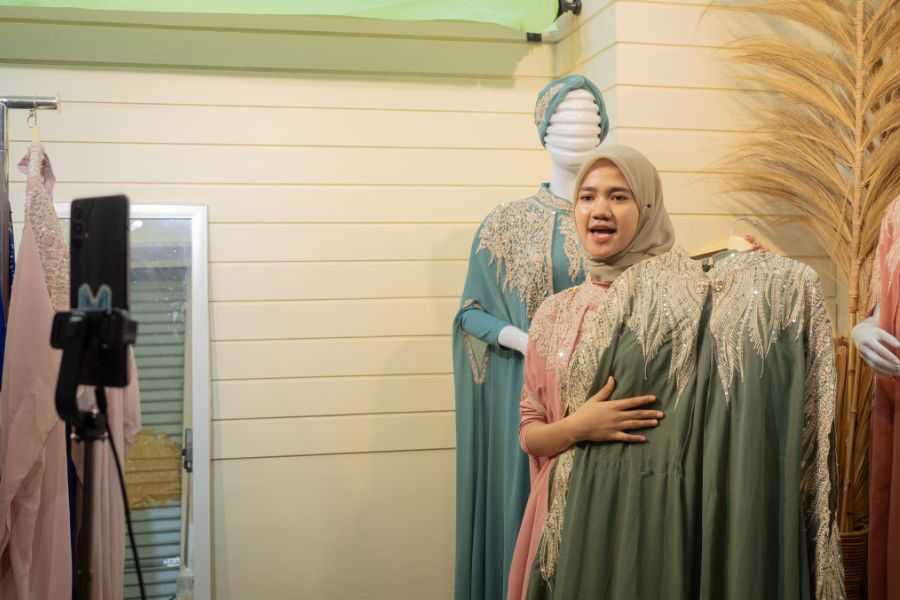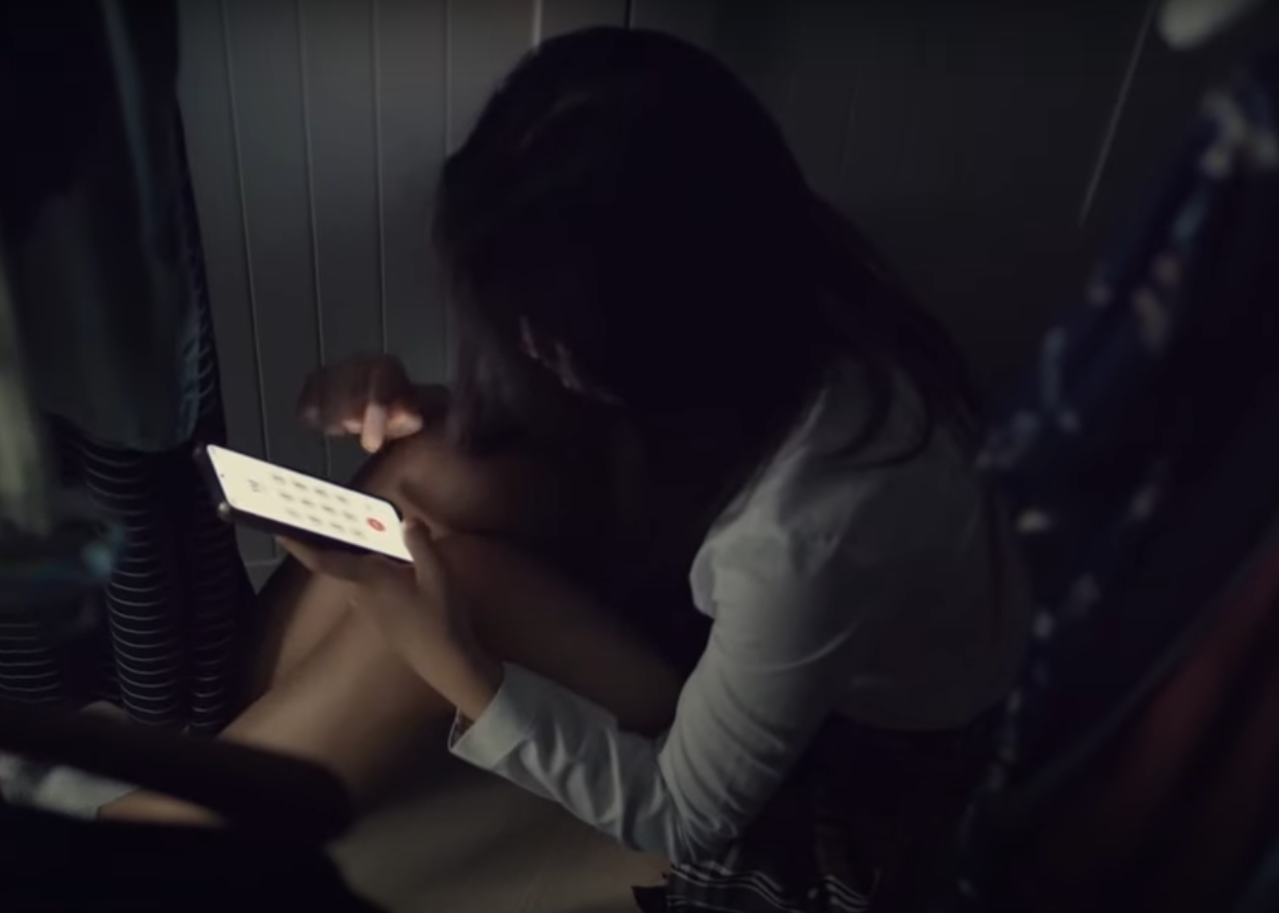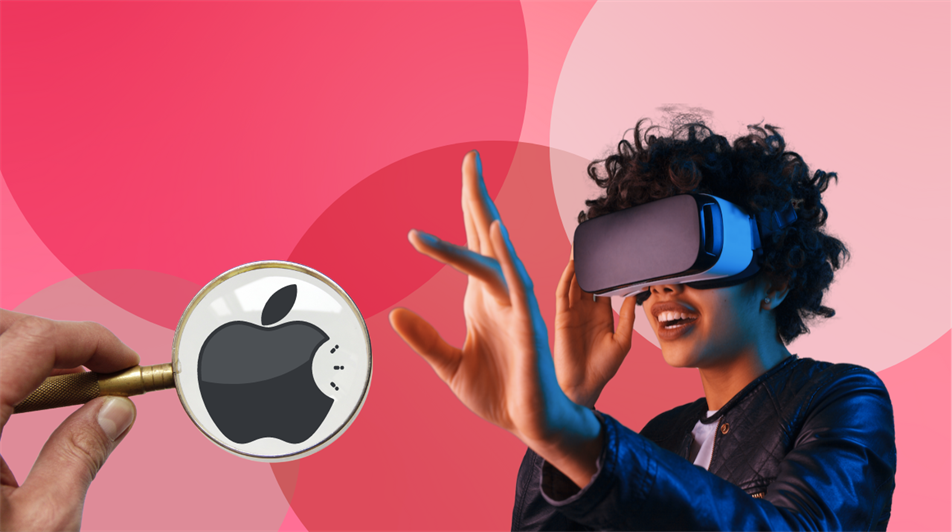TikTok Shop is truly performance marketing on steroids. Users can watch a product demo, click through to the virtual storefront, and make a purchase, all within a few minutes. There are six million active influencers on TikTok in a country with three million warungs (mom-and-pop shops).
Brands like L'Oreal that sell beauty products have made considerable investments in Tiktok, and there are official case studies: "L'Oréal rides the #TikTokMadeMeBuyIt trend resulting in the highest sell-out for the company!"
This begs the question: If Tiktok made me buy it, was the consumer forced into it? So great is the influence that the Indonesian government wants to decouple social media and commerce, and has officially banned commerce transactions on the TikTok app to protect smaller merchants.
While the ban has raised eyebrows from multiple quarters, it's a rude wake-up call to marketers riding the TikTok wave and earning plaudits for their digital and social strategy. As a result, marketers need to answer these fundamental questions to move forward.
Maximising TikTok shopping: Great product consumer fit or just pesky peddling?
Brands selling on TikTok resemble modern-day squatters and accosters in a bustling digital marketplace. They take up space on consumer feed uninvited, albeit algorithmically, showcasing their wares, and tempting you into making snap decisions. Snappy videos showcasing the 'problem-solving' nature of branded goods at cheap retail prices are an instant click with the scroll-happy shoppers.
TikTok Shop feeds into impulse or price-driven buying rather than cultivating a lasting relationship between the consumer and the brand. While it's true that using TikTok increases sales, e.g. Merchants who have moved to TikTok have seen 79% growth in sales according to a study published by TikTok, whether it is building a solid consumer relationship is questionable.
The role of influencers: Brand ambassadors or salespeople?
Influencers in TikTok shopping are digital personalities trusted by millions of followers. Brands capitalise on this trust to push products. For many, an influencer's endorsement can signal a form of 'brand love.'
Some influencers have innovated the sales process to a Master Shifu level—where we saw a Douyin user, Zheng Xiangxiang, in China earn $13.7 million in seven days with a 'three second promotion' that showed her mastery over the medium.
However, this is where things get complicated. Are influencers truly embodiments of brand love, or are they salespeople in disguise? When an influencer recommends a product, the viewer may not necessarily differentiate between a genuine recommendation and a paid promotion.
The influencer becomes a powerful motivator for purchase, but the love is directed more towards the influencer than the brand itself. If star influencers like Zheng Xiangxiang can get the job done, why spend millions of dollars on sports stars and celebrities to endorse products?
Is the TikTok experience driving loyalty or just sales?
Real brand love is nurtured over time and through consistent positive experiences with the brand. It is about a deep-rooted connection that goes beyond a mere transactional relationship.
Algorithms like TikTok are tailored to echo viewers' immediate preferences, creating a personalised bubble of content. Such click-and-miss experiences do not ascertain if users are loyal to the brand or simply entrapped in the relentless cycle of TikTok's 'For You' page.
How can brands check if it's TikTok love or brand love?
First, add more metrics to understand the depth of engagement with the brand.
- For every critical Tiktok sales campaign, unleash pure content campaigns—and examine how long users engage with your content, with total video views indicating genuine interest.
- Create integrated experiences—nudge the TikTok user to take polls, challenges or share their first experience with the brand and encourage comments
- Flank TikTok with other channels or loyalty schemes—Push TikTok followers to other platforms or newsletters. Create a loyalty scheme for the subsequent five purchases by the user.
- Segment the behaviour between GenZ and rest—GenZ may need an engaging experience to trial products, but that may not be true for all segments.
Secondly, there is a more profound risk of replacement by the next cheaper or hot product. In markets like Indonesia, Chinese entrepreneurs building brands purely on TikTok pose a significant threat to large brands.
So, TikTok is helping small brands leapfrog and distribute to new consumers they would never discover. Brands need a more robust risk mitigation strategy, especially in the fast fashion and food categories.
Thirdly, consider TikTok purely as a sales channel and not a marketing channel. Indonesia represented 42% of TikTok's $4.4 billion regional gross merchandise value (GMV) last year and will continue to grow.
Brands should therefore, handle TikTok the way they handle modern trade and not call it a marketing win. Marketing wins are the long haul of building brand love and trust over multiple conversations, not just a few clicks.
Jayesh Easwaramony is the founder of Spectra Global










